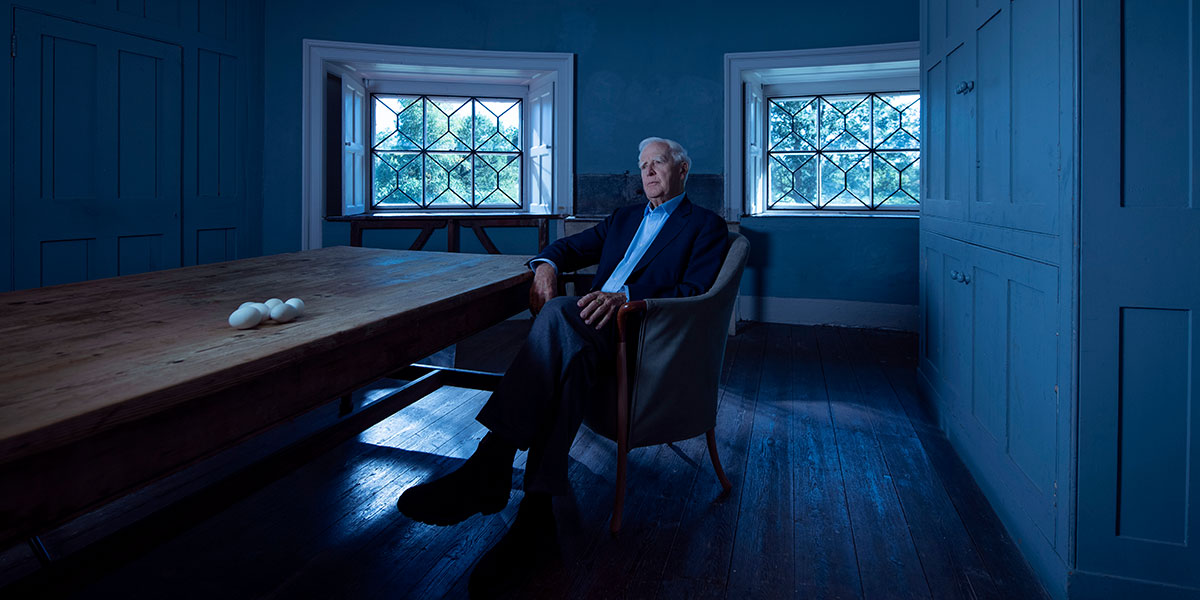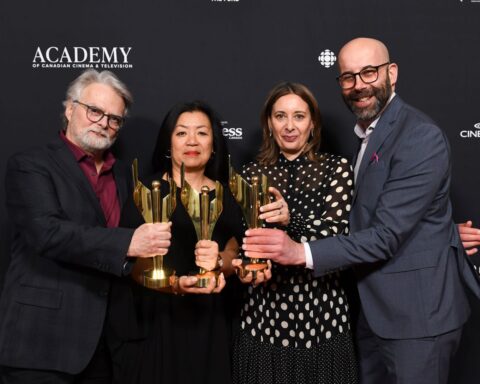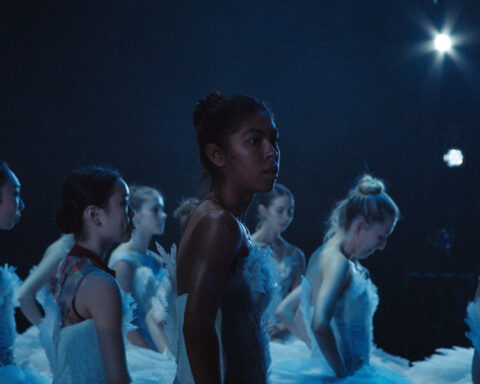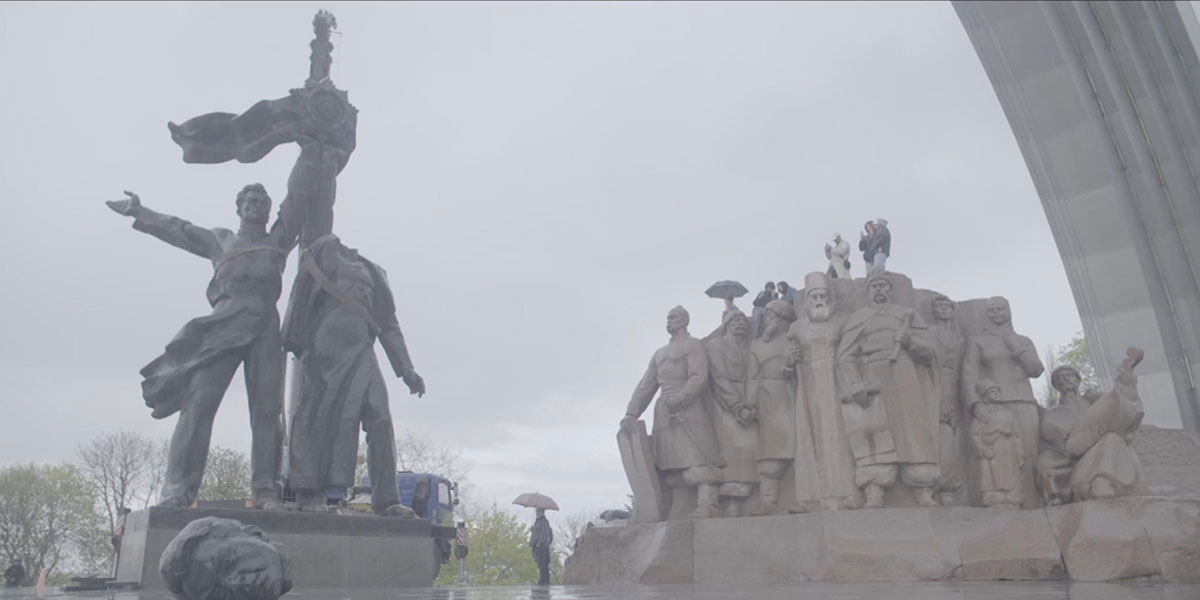As regular followers of these film reviews knows, TIFF has imposed an embargo on all films at the festival until they have their first public screening. This creates an obvious problem for critics who may have seen many films before the festival but have to pretend otherwise until TIFF is in high gear. Happily, there is one way to report on TIFF films without being overly critical or, indeed, admitting to having seen them at all: it’s by covering docs.
The great thing about documentaries is that one can glean lots about works in the genre without actually seeing them. The topics are in the program notes for each film and it’s fair game to acknowledge the director’s overall artistic strategy without necessarily stating whether they’re complete successes or not. You’ll be happy to know that I probably have seen many of TIFF’s docs but what you’re reading aren’t reviews. They’re simply reports on interesting films at this year’s festival.

Many of us were excited by the Women’s World Cup of Football (aka Soccer), which took place to global acclaim this summer. One of the most topical films at this year’s TIFF is Copa 71 about the grandmother of all of the female cups, which took place in Mexico in 1971, and was hugely popular, attracting over 100,000 fans for the final. The film has astonishing archival footage—some of which can be seen in the online trailer—and it’s produced by the glamorous tennis-playing Williams sisters, surely an imprimatur itself. One historic fact that rankles when thinking about this doc is that it took the male dominated football body FIFA another 20 years to develop its own sanctioned event despite the overwhelming success of Copa 71. [Read Susan G. Cole’s review here and Jason Gorber’s interview with the directors here.]
Women, and men, honing their bodies for the art of dance is the subject of a Canadian documentary that will attract great attention here and abroad. Swan Song documents the creation of a newly choreographed version of the beloved romantic Swan Lake by the great Karen Kain in 2022 during her final year as the artistic director at the National Ballet of Canada. Kain famously interpreted Swan Lake as the principal dancer in 1971, so this Chelsea McMullan documentary brings the grand ballet and one of its finest performers to an appropriate close. [Read more in Pat Mullen’s interview with McMullan and producer Sean O’Neill.]
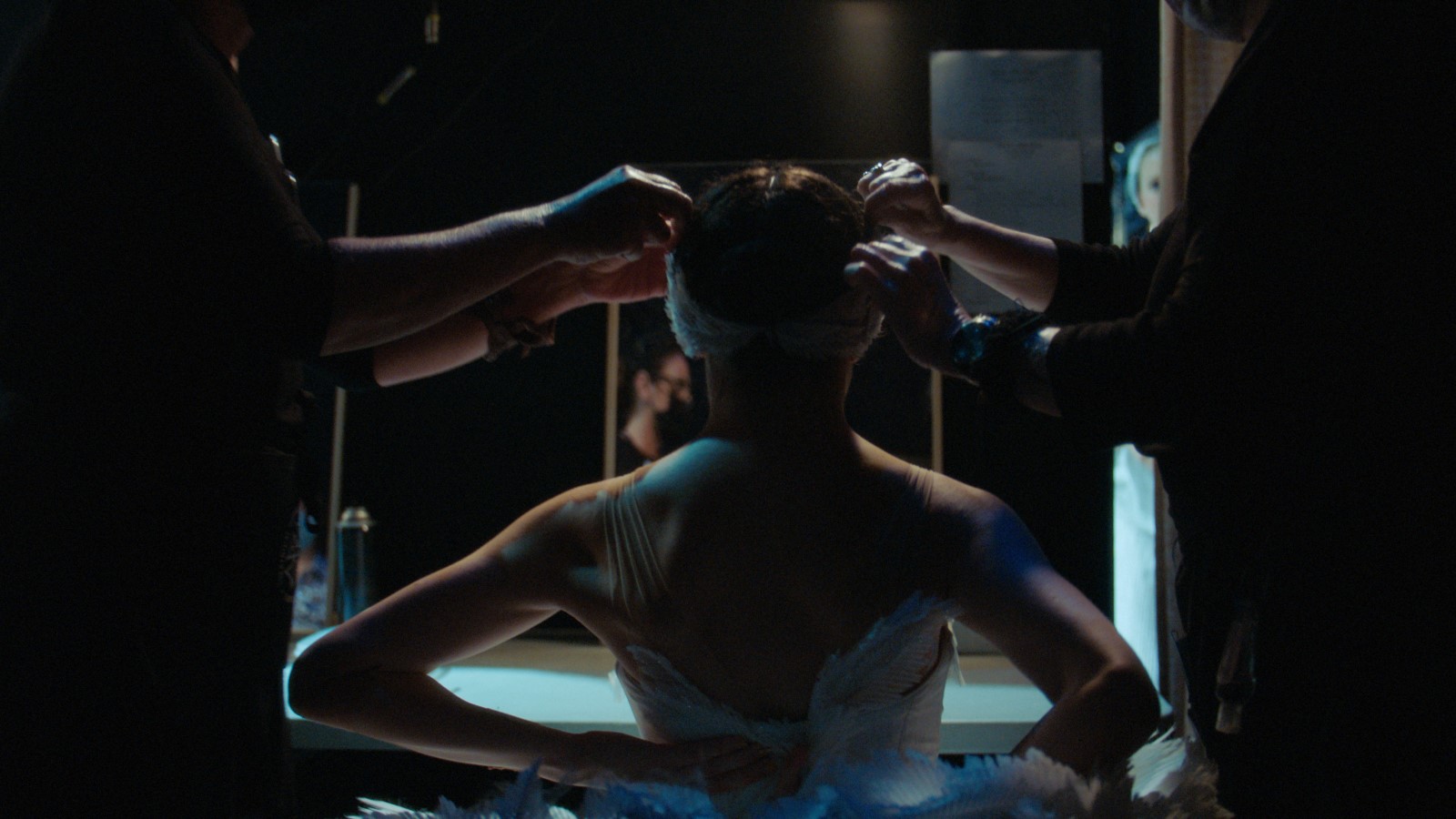
Another Canadian icon, though mainly for those who are young at heart, is the subject for a major festival doc. Mr. Dressup: The Magic of Make Believe is, by all accounts, a worthy tribute to Ernie Coombs, who enchanted Canadian children on CBC TV, with his friendly humour, oddball props and funny puppets. Like Mr. Rogers, Mr. Dressup recalls a time when gentleness and good manners were essential elements in childhood stars. [Read more about the film in Rachel Ho’s feature in the current issue.]
Nostalgia of a different kind is on display in Flipside, Chris Wilcha’s comeback doc after 20 years of making commercials. Wilcha brings it all back home, quite literally, by leaving Los Angeles and returning to New Jersey, where his filmmaking career started. Even before he began making films, Wilcha, a music nerd had collected rock records while working at a funky second hand music shop called Flipside. Since the store still exists, though a lot older and messier, as does its proprietor Dan, Wilcha is able to make a doc about an attempt to bring the shop back to its glory days. Does he succeed and is the film about more than a store? You’ll have to read a review later in the festival to find out.
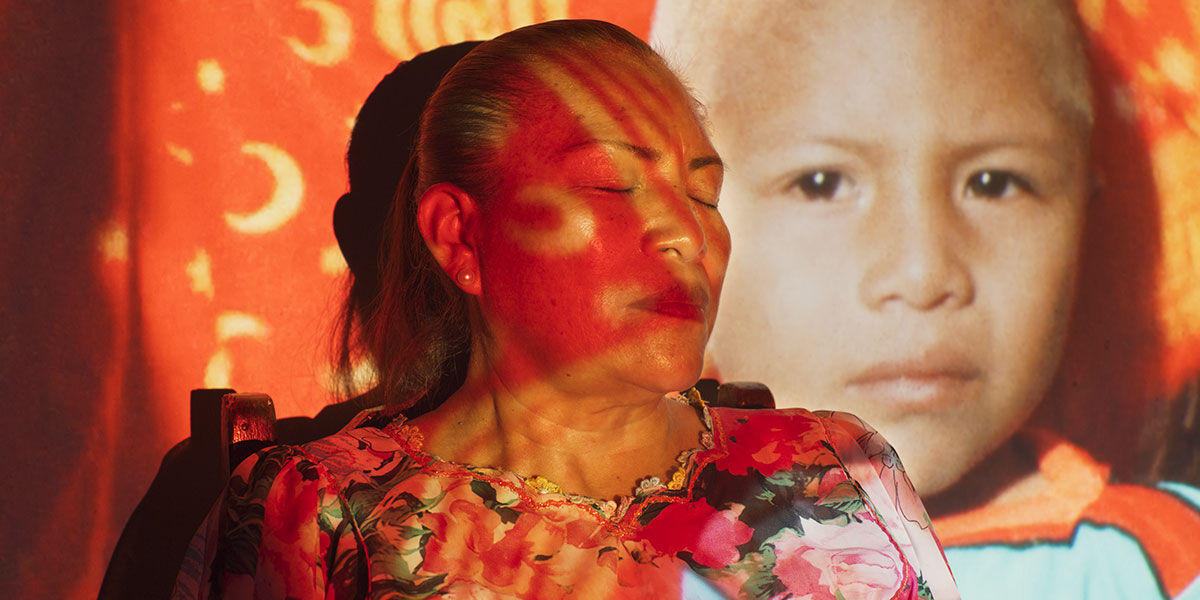
Going back to Nanook of the North, there’s a tradition of making documentaries about Indigenous cultures so it’s intriguing to find out about a film that simultaneously criticizes and celebrates a doc made in that style. God is a Woman was going to be the title of a 1970s film about the Kuna people whose matrilineal communities on islands in the Caribbean had been independent since the 1920s, but Oscar-winning French filmmaker Pierre-Dominique Gaisseau ran out of financing before the documentary could be released. The film shows the dogged and ultimately successful quest by several educated Kuna to locate the abandoned documentary and, with the aid of the French government, to restore it, making it available for a viewing on the main island. The film apparently takes on colonialism and anthropology while being a great account of an archival treasure hunt.
There are many more interesting docs at TIFF this year including Alex Gibney’s in-depth look at Paul Simon’s music and life In Restless Dreams, Frederick Wiseman’s four-hour deep dive into a legendary French restaurant Menus—Plaisirs Les Troisgros, and Errol Morris’ incisive interview with the great spy novelist John Le Carré The Pigeon Tunnel. As always, the selection is comprehensive and distinguished. (I assume!)




